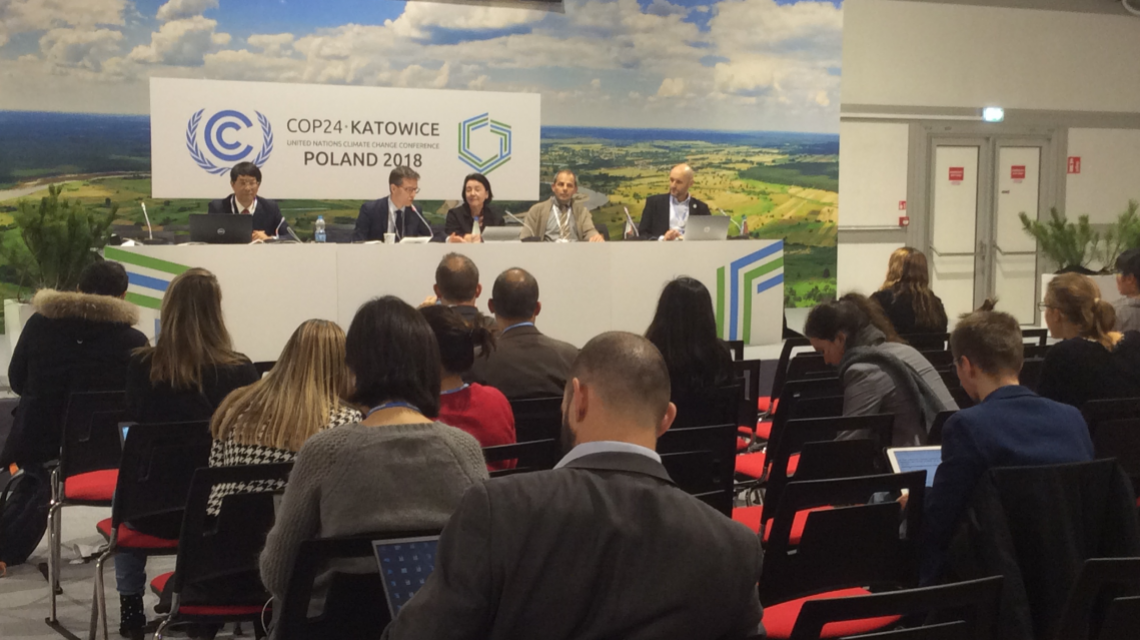How nuclear power can be part of an integrated solution to provide low carbon energy for growing urban centres was the focus of a side event held at the COP24 UN Climate Change Conference in Katowice.
Hosted by several United Nations agencies, the side event ’Clean and Affordable Energy for Sustainable Urbanization and Development’ underscored how reliable access to energy in smart and mega cities requires transition to cost-effective, low-carbon ways of electricity generation.
Participants discussed the connection between two Sustainable Development Goals (SDGs): Goal 7 (ensuring access to affordable, reliable, sustainable and modern energy for all) and Goal 11 (making cities and human settlements inclusive, safe, resilient and sustainable) and debated lessons learned in responding to urban energy challenges.
The Intergovernmental Panel on Climate Change’s (IPCC) 1.5° Celsius Special Report, released in October, highlighted that limiting the temperature increase from pre-industrial times to 1.5° C will require immediate reductions of greenhouse gas emissions. Both the report and the event underlined that achieving rapid decarbonization of the global electricity sector will require, at first, the deployment of proven large capacity power technologies, such as nuclear power. To meet the 1.5° C target, the four emission model pathways highlighted in the Summary for Policymakers project an increase in nuclear power generation between 98% and 501% by 2050, relative to 2010.
“With electricity demand expected to rise sharply in the coming years, this is undoubtedly where nuclear can come into play,” noted IAEA Deputy Director General Mikhail Chudakov. “The 2015 Paris Agreement and the recent IPCC Report, underlines the immediate need for scaling up all clean, low-carbon technologies such as nuclear power. If nuclear power deployment doesn’t expand in line with this scenario, the other technologies may not fill the gap – and Member States may not meet their climate targets.”
To date, various IAEA conferences and publications have stated that nuclear power can make a vital contribution to meeting growing energy demand needed for development, while also helping meeting climate change targets. Without nuclear power, it will be difficult to meet global climate goals, concluded scientists, economists and policymakers at the IAEA’s Scientific Forum on the topic in September.
With the global urban population expected to grow by around 1 billion by 2030, and an increasing proportion living in dense mega cities, the share of greenhouse gas emissions from such urban centres is expected to rise.
Organizing the event, David Shropshire, Head of IAEA’s Planning and Economic Studies Section, said that given the various energy and environmental challenges facing megacities across the world, a range of solutions would be needed and nuclear power could well be one of the responses.
“Developing effective national energy strategies is crucial to meet a country’s expanding and/or shifting energy needs. The IAEA is committed to helping Member States with practical solutions for their energy planning needs.”






